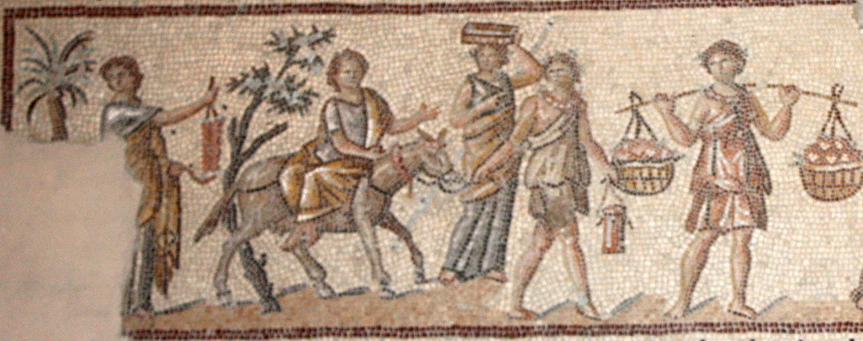Jesus’ broadminded approach resonates with contemporary sages who belonged to the School of Hillel. In their opinion, it is better to leave God-fearing Gentiles in their blessed state with only the necessity of the moral laws given to Noah.
Jesus’ Jewish Command to Love

Jesus’ command to “love your enemies” was revolutionary! No one before him dared to raise such a high standard for the life of faith.
The Cross and the Jewish People
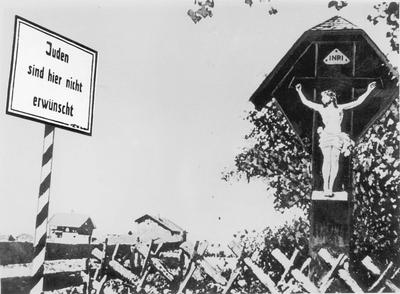
One of the most poignant pictures which exemplify the chasm of historical misunderstanding between Jews and Christians is that found in Yad Vashem, the Holocaust memorial in Jerusalem. It is a photograph of a life-size crucifix that stood outside an unknown German village prior to World War II. In a twist of tragic irony a sign was hung on the cross to warn Jews not to enter the village. It read: “Jews are not welcome here.”
Parables of Ill Repute

In rabbinic parables God could be portrayed as behaving in a morally ambiguous manner: he might be a cruel slave owner or a heartless judge. In a few Lukan parables, Jesus also portrayed God as behaving scandalously. Often unsettling for modern readers, such portrayals added humorous elements to the plot and heightened the dramatic effect.
Us and Them: Loving Both

In ancient Roman society, the taking of revenge on an enemy was considered a commendable deed, but Jesus encouraged his followers to “Love your enemies.”
Design and Maintenance of First-century Ritual Immersion Baths

Archeologists and other scholars have not written prolifically about ancient mikvaot (or ritual immersion baths). Nevertheless, ritual immersion in the first century A.D. constitutes an important element of the overall historical, social and religious background of the New Testament. Here, Ronny Reich explains in non-technical language the intricacies of the design and maintenance of ancient mikvaot.
From Allegro to Zeitlin

In this article the author explains his view that the output of cheap, pseudo-scholarship has driven legitimate, serious scholarly information from the marketplace of ideas.
The Library at Qumran

In the middle of the last century two Bedouin shepherds of the Ta’amra tribe found the first of the Dead Sea Scrolls. Their discovery created an exciting new area of biblical research.
Book Review: David Flusser’s The Spiritual History of the Dead Sea Sect
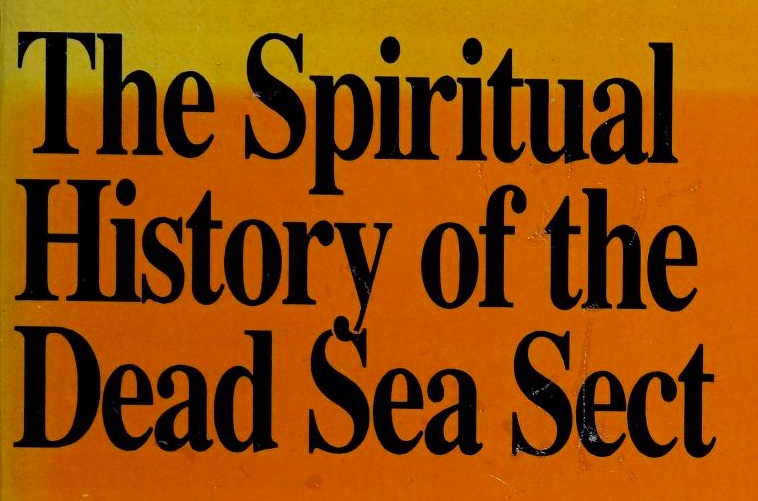
Based on a series of radio lectures, the book retains much of its original conversational tone and structure, but has been expanded to present a more detailed overview.
Jesus and the Essenes
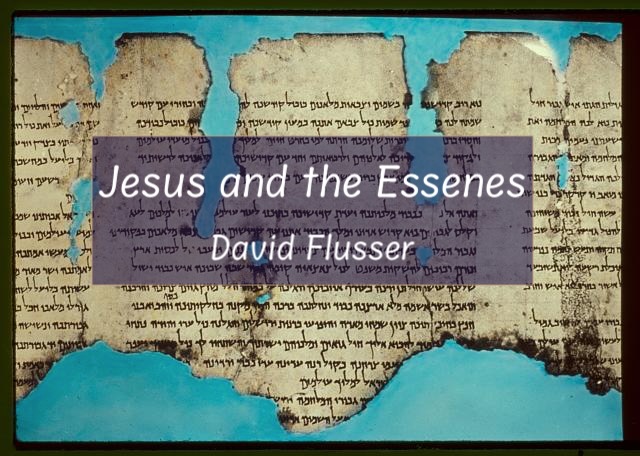
The Essenes’ favorite name for themselves was “the sons of light.” In the Synoptic Gospels the term appears only in Luke 16:8, and the reference is not very flattering. Was Jesus making an ironic reference to the Essenes?
The Sons of His Will
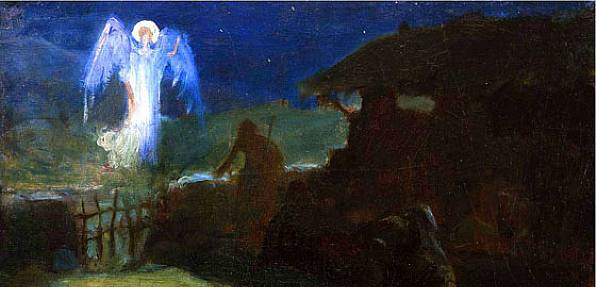
Christmas brings many carols and cards containing the words from Luke 2:14, “Goodwill to men” and “Peace to men of goodwill.” The angels praised God with words that in English may sound like a politician wishing us to “Have a nice day.” Most of us sense that these words reflect something deeper, but why did the angels use such seemingly innocuous words?
- Page 2 of 2
- 1
- 2

